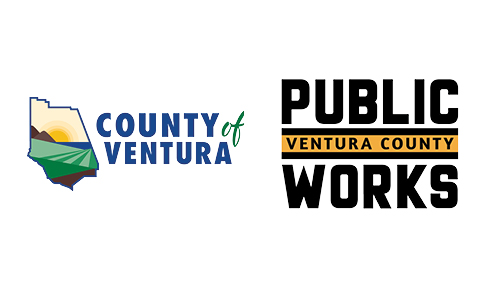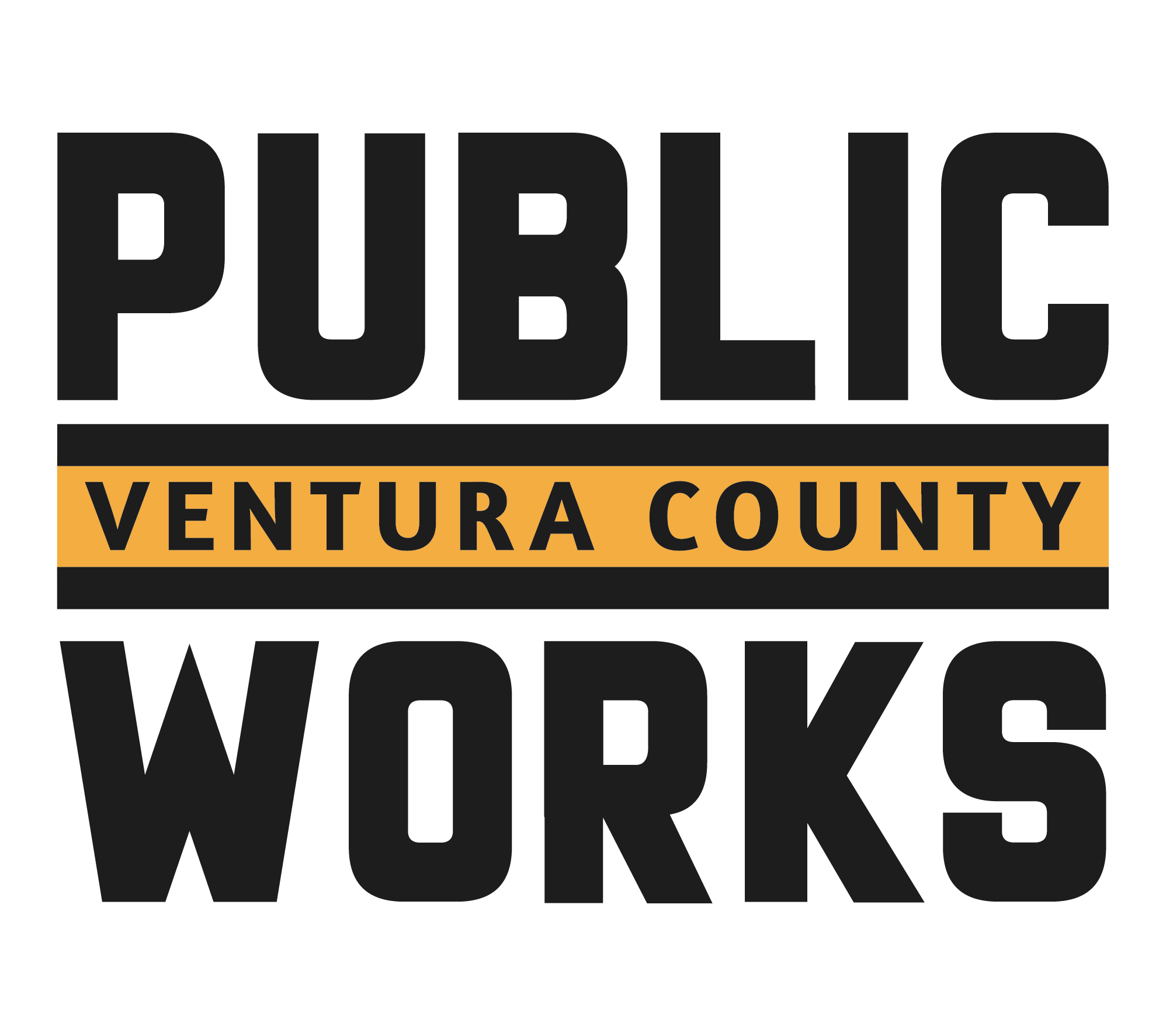November 5, 2022
Three positive environmental changes emerged from the COVID-19 pandemic.
Two relate to cutting fuel consumption and air pollution associated with driving: More people work from home and more meetings are held virtually.
A third change may not be as apparent, but it affects anyone whose wastewater involves a sewer system.
The change concerns disposable wipes that are commonly marketed as “flushable.” Such products can actually cause problems for sewage pipes, pumps and other equipment.
Legislation has now passed in California mandating labeling requirements for non-flushable wipes. While past attempts to pass legislation failed, a spike in usage of wipes during the pandemic — one that triggered a spike in sewer troubles — helped nudge passage of the rules.
Wipes are generally fiber-based, moist, disposable pieces of fabric. The most common types are used for wiping baby bottoms, cleaning hard surfaces or removing makeup.
Prior to January, many were sold as flushable. Consequently, consumers flushed them.
Designed to be durable, the wipes are made of long, synthetic fibers. They clogged household pipes and contributed to blockages as they caught on roots, grease accumulations and other obstacles on the way to a wastewater treatment plant.
In particular, wipes tended to tangle in the mechanisms of pumps at lift stations. Sewer system maintenance workers tasked with clearing those obstructions dealt with dangerous and nauseatingly odious conditions.
“In response to clogs, it usually takes three or four people to get on all their safety gear, pull the pump and make a repair,” said Augustine Godinez, wastewater superintendent with the Ventura County Water and Sanitation Department. “It varies from three to eight hours to clear a clog.”
Some clogs backed up lines and caused sewage spills, which can lead to heavy fines for wastewater system operators.
Prior legislative efforts to regulate wipes packaging failed, even as recently as 2019 with California Assembly Bill 1672.
In a South Carolina court case, wipe manufacturers presented several arguments against regulation. Manufacturers said proof was insufficient to conclude wipes caused the problems in question. They also said the alleged harm was caused by consumers flushing wipes, not by the companies themselves.
However, as wipes usage surged during the pandemic, sewer problems multiplied. Eventually, manufacturers and distributors agreed to develop a set of regulations, equally applied to all, so no single company would have a competitive advantage.
Last year, California Assembly Bill 818 passed without opposition as a “consensus bill,” according to Jessica Gauger, director of legislative advocacy and public affairs for the California Association of Sanitation Agencies. The association sponsored the bill and built consensus between industry leaders and wastewater system operators.
Starting in January this year, wipe manufacturers were required to sponsor public outreach efforts. And starting in July, most wipe packages had to meet labeling requirements. An exception is antibacterial wipes, which have until January 2023 to comply with labeling requirements.
To carry out public education, manufacturers sponsored a nonprofit group, the Responsible Flushing Alliance. Outreach includes paid placement on Facebook and Twitter, educational materials for schools and fact sheets for groups touring wastewater facilities.
The program also provides story and coloring books featuring Apollo, a sewer clog-fighting dog, according to Lara Wyss, president of the alliance and owner of the dog on which the cartoon canine is based.
As for labeling, wipes packages now must include a universal “do not flush” symbol — a circle with a line through it — over a graphic of a person putting a wipe in a toilet. The words “do not flush” must also feature prominently on the product’s display panel.
A small percentage of wipes are still allowed to be labeled as “flushable,” according to Wyss, because they are made with short, natural fibers designed to degrade as easily as toilet paper.
Soon, the labeling solutions contained in California’s legislation are likely to be replicated on the national level. The proposed legislation has support “from both wastewater groups as well as from the wipes industry,” according to Wyss.
The legislation’s ungainly name, the Wastewater Infrastructure Pollution Prevention and Environmental Safety Act, HR 4602, would, if enacted, boil down to something appropriately simple: the WIPPES Act.
For more information on what not to flush, visit flushsmartcalifornia.org.
David Goldstein, an environmental resource analyst with the Ventura County Public Works Agency, can be reached at 805-658-4312 or david.goldstein@ventura.org.
Eco-tip: Flushable wipes? Not really. A state law clarifies labeling (yahoo.com)




